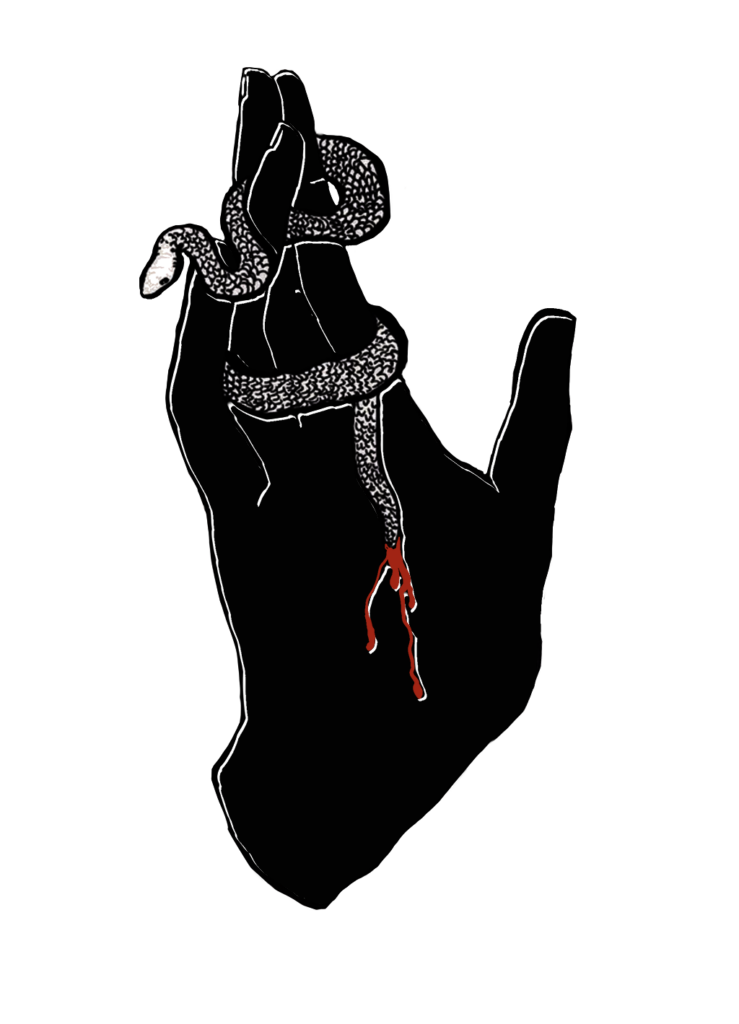settler colonial studies
Commodifying Indigeneity
Settler colonialism and racial capitalism in fair trade farming in Palestine
The recent proliferation of settler colonial and Indigenous studies of Palestine have addressed historical and present-day enclosure of Palestinian land, yet the question of ‘indigeneity’ is underexamined in this literature. Claims to indigeneity in Palestine straddle varied definitions: a racial category; as constructed through the colonial encounter or preceding colonialism; and as a local relation or an international juridico-political category. Using discourse analysis of a specific Palestinian sustainable agriculture initiative. I show how for Palestinians, claiming indigeneity brings into tension potential political economic gains, social relations of struggle, and discursive formations of collective subjectivity. A valorisation, commodification, and privatization of indigeniety narrows notions to the biological-cultural, offering challenges for Palestinian struggles for sovereignty. I conclude by asking what theorizing from Palestine offers to Marxist theories of racial capitalism and settler colonialism, and whether indigeneity can exceed its commodification.
The World Turned Outside In
Settler Colonial Studies and Political Economy
This article criticises the political economic analysis of settler colonial studies, which it draws out through an immanent critique of its most famous practitioners. It then offers a critical genealogy of the wider theoretical trend that secures it: the post-Cold War vogue of asserting the ever-increasing centrality of primitive accumulation in global capitalism – what we might term a mode of predation. Finally, it teases out the tensions and confusions in the reliance of settler colonial studies upon Marx’s concept of surplus populations, as well as problems abounding in Patrick Wolfe’s “logic of elimination.” Overall, it argues that the frequent claim that we inhabit a global settler modernity cannot be sustained through these notions, and that this claim is profoundly moral and academic, lacking political and analytical value. The insistence on the durability of settler colonialism amounts, in this literature, to a claim on behalf of settler colonial studies itself.


